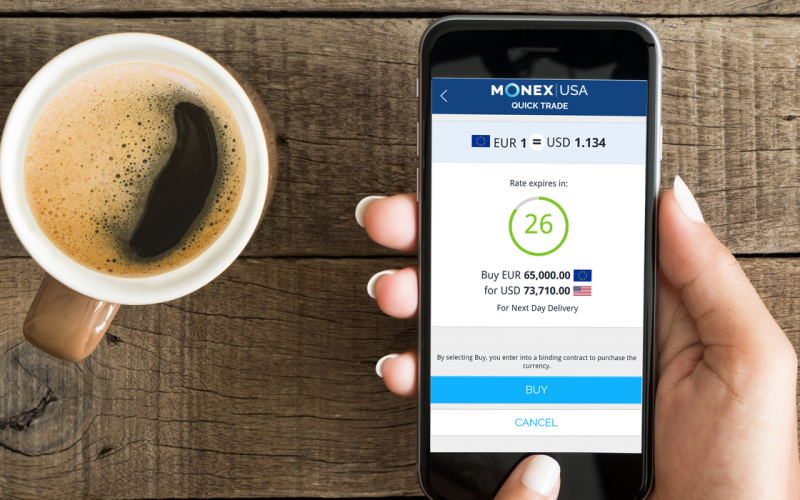USD
The U.S. Dollar stayed mostly quiet overnight after a day of losses caused by the Fed’s decision to maintain its wait-and-see approach to hiking rates. Commodity and equity markets rallied yesterday, but their gains are starting to dwindle as uncertainty over economic growth in other regions takes hold of investors.
Brexit effects on European trade balances are concerning long-term growth forecasts and oil’s inconsistency is once again pulling down the prices of raw materials. The dollar lost about 1.0% of its overall value this week, but struggles elsewhere may turn things around.
Purchasing Managers Index will be out later at 9:45AM with an expected expansion reading of 52.0. If the figure meets the estimate or exceeds it, we could be in for a USD rally later on since those figures were poor on the other side of the pond.
GBP
Political back-and-forth may be the Pound’s kryptonite once more after statements from British Foreign Secretary Boris Johnson of a swift Brexit. To the surprise of many, Johnson announced that Article 50 of the European Union Agreement would be invoked early in 2017. This is the official initiation of the arduous process for the UK to be completely out of the EU. The separation is predicted to be very difficult as it an unprecedented occurrence.
Even worse, a spokesperson for the Prime Minister denied that is the course of action Theresa May is planning. Turmoil before Brexit and after the June 23rd referendum result turned market participants sour on GBP. The pain of separation, the reality of voting yourself out of a major continental agreement, may weigh heavily on Sterling moving forward. Divorce is never fun, easy, or predictable.
EUR
The euro is stubbornly trading around familiar ranges after gaining thus far this week on the Fed’s inability to increase borrowing costs. In earlier sessions, which negatively affected most European stock indexes, PMI figures were released for Euro-region nations with underwhelming results. IHS Markit’s PMI readings for Germany, France, and the Euro-zone as a whole fell in September.
Gross Domestic Product numbers for France during Q2 also revealed a contraction. Indeed, the shared currency is surviving, but political opposition to the status quo combined with slow growth will likely bring Euro down as we enter the last quarter of the year.




